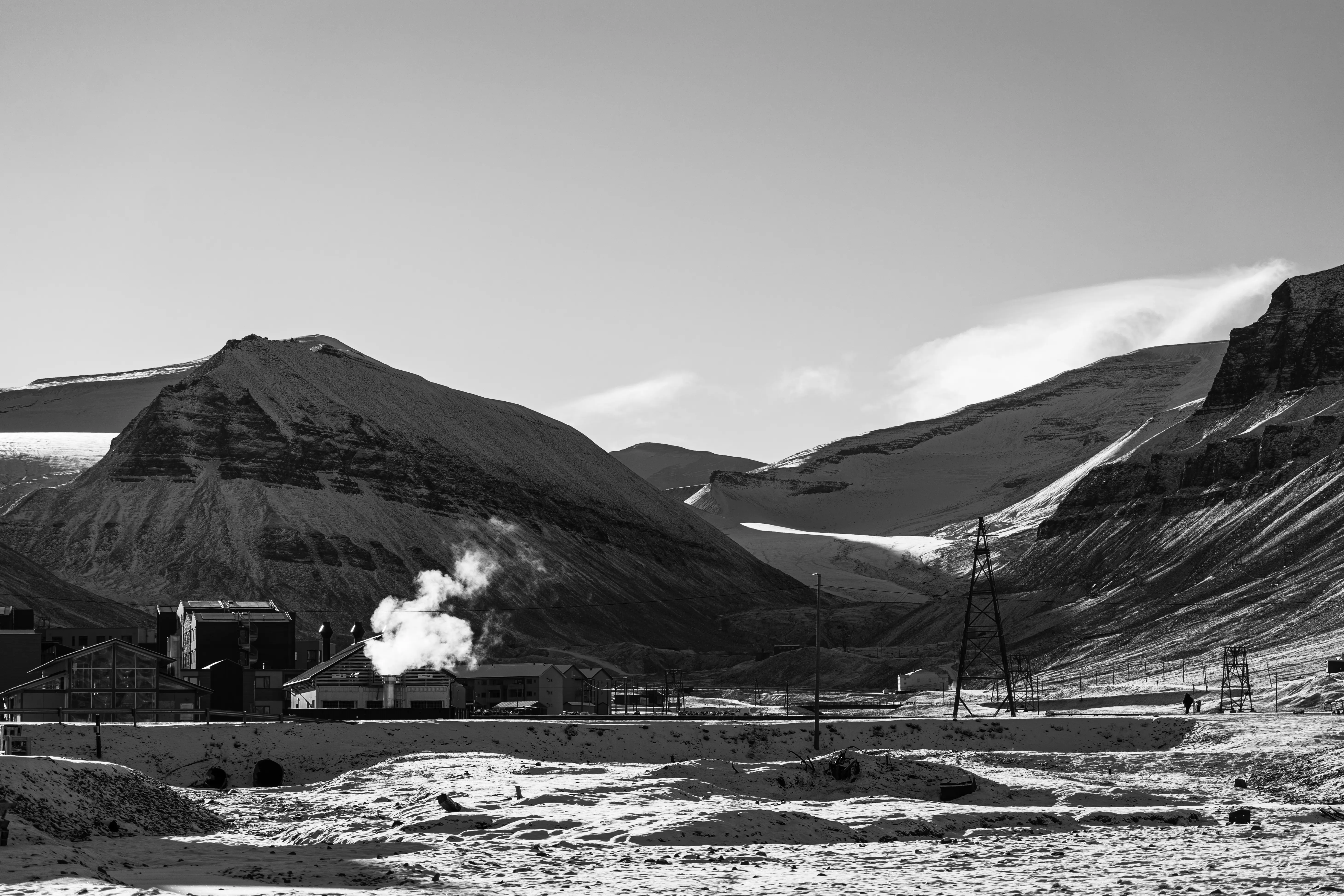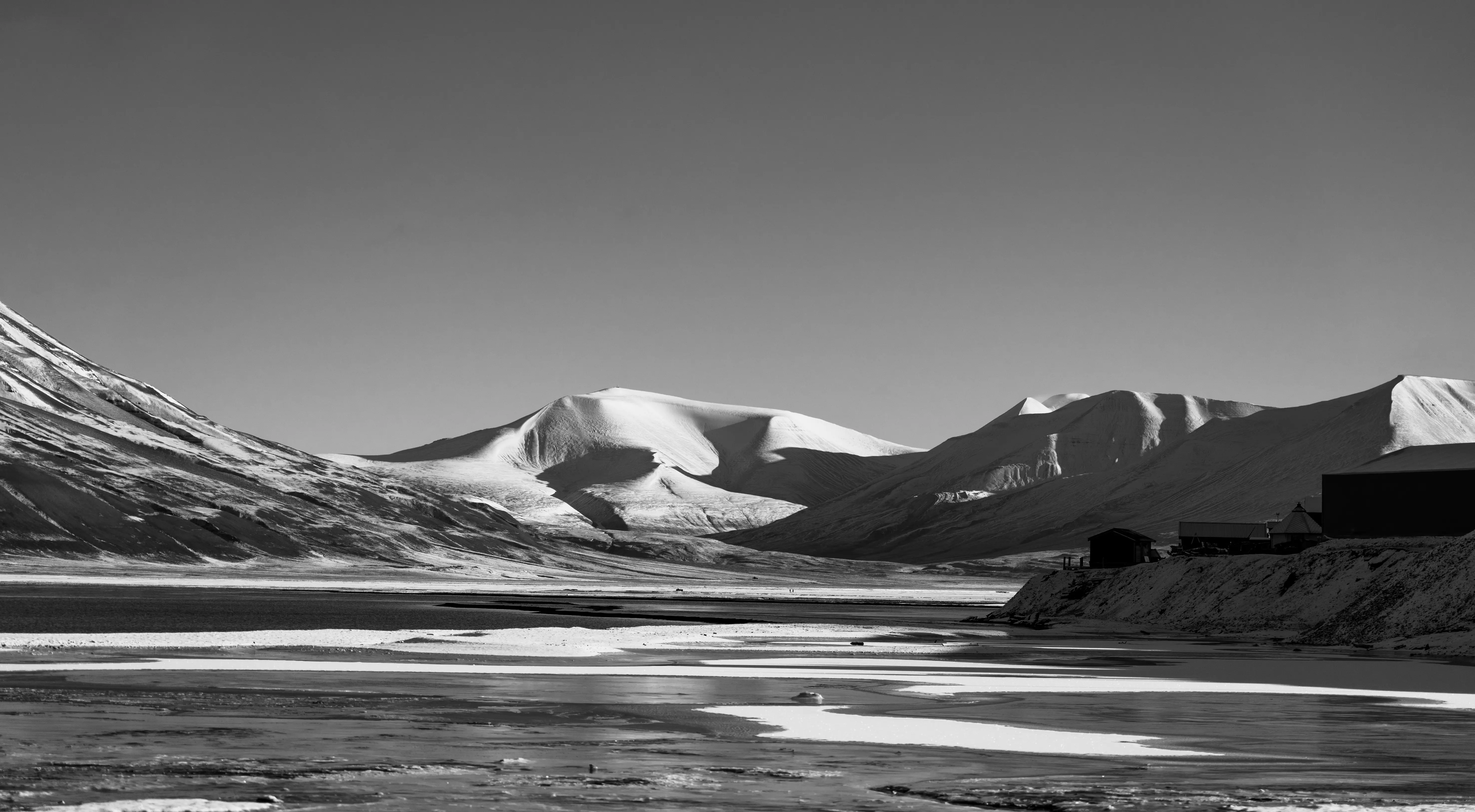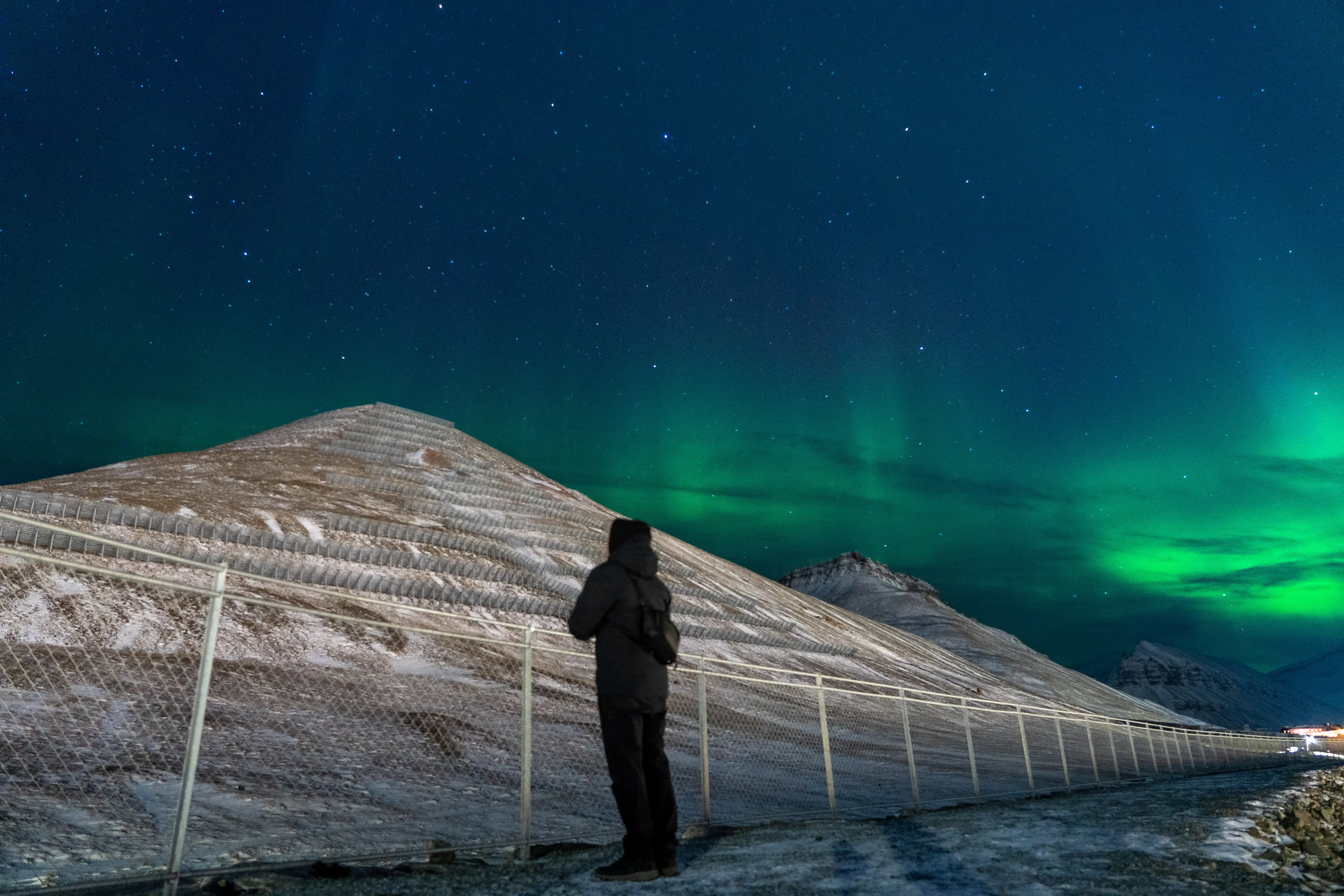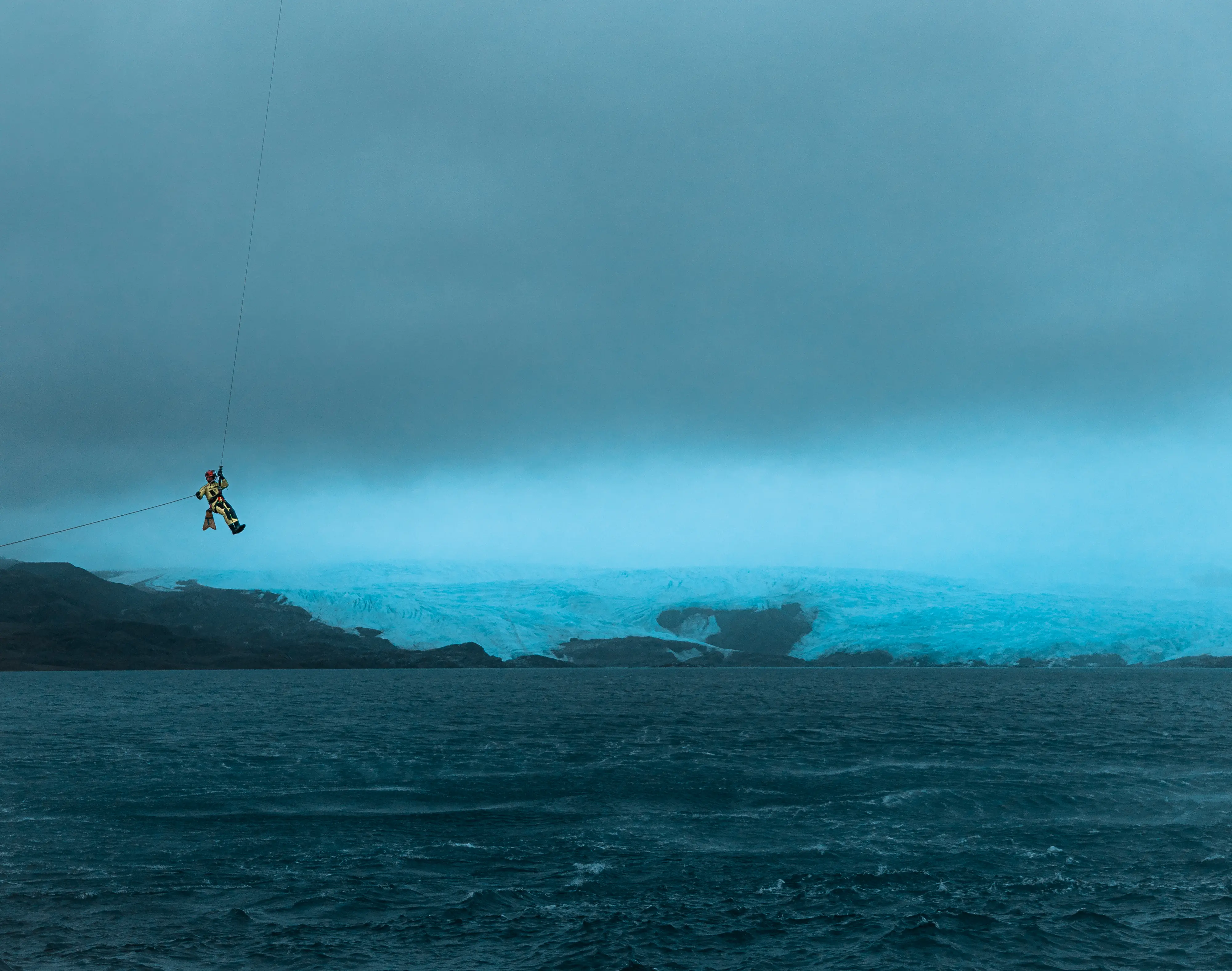About Me
Astrobiology, plant physiology and polar fieldwork.

I am a biologist with a strong focus on astrobiology and the study of life in extreme environments, currently pursuing a Master's degree in Extreme Environments – Astrobiology Curriculum at the University of Naples Federico II.
My background combines microbiology, molecular biology, plant physiology, environmental simulation systems and Arctic fieldwork. I have worked in research environments ranging from clinical microbiology laboratories to astrobiology-oriented facilities, including the National Research Council (CNR) in Pozzuoli and San Paolo Hospital in Naples.
I recently joined the Arctic Marine Molecular Ecology field course at the University Centre in Svalbard (UNIS), investigating marine microorganisms and their adaptations to polar conditions. My upcoming research includes a thesis project partly hosted at ESA–ESTEC, focusing on plant photophysiology under simulated space conditions.
Academic Profile
Education, research experience and scientific output.
Education & Training
Research Experience
Publications
(In press, 2026) Growth inhibition and altered phenology in woody species exposed to urban air pollution. Book chapter in Morpho-anatomical and physiological responses of woody species to urban air pollution, Elsevier.
Author of sections 2.1 (Growth inhibition), 2.2.1 (Altered plant shape), 2.2.2 (Altered reproduction capacity) and 2.2.3 (Suspended flowering and fruiting).
Honours & Awards
2025 – Winner, BIP "Power of Nature", InHolland University of Applied Sciences.
Core Skills & Languages
Biology · Laboratory techniques · Molecular and spectroscopic analysis · Environmental simulation systems · Plant physiology · Fieldwork in extreme and polar environments · Imaging and data analysis
Languages — Italian (native), English (C1), Spanish (B1).
Thesis Project
Gravitropism, phototropism and Photosystem II under altered gravity.
My Master’s thesis explores how gravity and light interact to shape plant growth and photosynthetic performance. I investigate the balance between gravitropism and phototropism in higher plants, applying a biochemical and imaging-based approach to characterize Photosystem II.
Using chlorophyll fluorescence parameters (e.g. Fv/Fm, non-photochemical quenching) and environmental control, the project aims to quantify stress responses and photochemical efficiency under conditions relevant for spaceflight and controlled bioregenerative systems.
This work connects plant biology, space physiology and the design of future life-support systems for
long-duration missions.
Supervisor: Prof. Carmen Arena ↗, space physiology and the design of future life-support systems for
long-duration missions.
Plant Health App
A rule-based system to assess plant stress using photophysiological markers.
The app evaluates the physiological status of higher plants using key photophysiological parameters such as Fv/Fm, chlorophyll content, carotenoids, SPAD, qP and qN. Reference ranges are derived from curated plant trait datasets (e.g. TRY), and a rule-based engine provides an interpretation layer with stress levels and confidence scores.
Designed with space and extreme environments in mind, the app supports fast field assessments, linking measurements to GPS location and camera-based acquisitions (RGB / NIR). It offers a structured interface to monitor plant performance in both terrestrial and analog space conditions.
Open Plant Health App ↗Svalbard Expedition 2025
Fieldwork in the Arctic as a natural laboratory for astrobiology.
From September to November 2025 I will join a scientific and educational programme in the Svalbard archipelago. The Arctic provides a powerful terrestrial analog for extraterrestrial environments, combining low temperatures, strong seasonality, intense radiation regimes and rapidly changing climate conditions.
Activities include sampling campaigns, environmental monitoring and documentation of biological resilience in both marine and terrestrial ecosystems. This experience strengthens my interest in linking polar research with astrobiology and the study of habitability beyond Earth.
Photo Gallery
Astrophotography, microscopy and extreme environments.




Contact
Feel free to reach out for collaborations, projects or ideas.